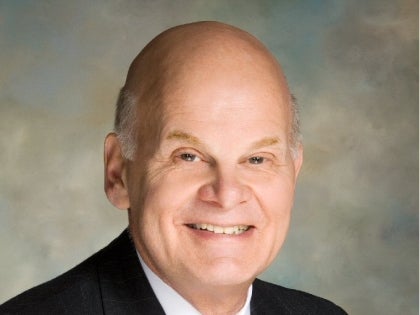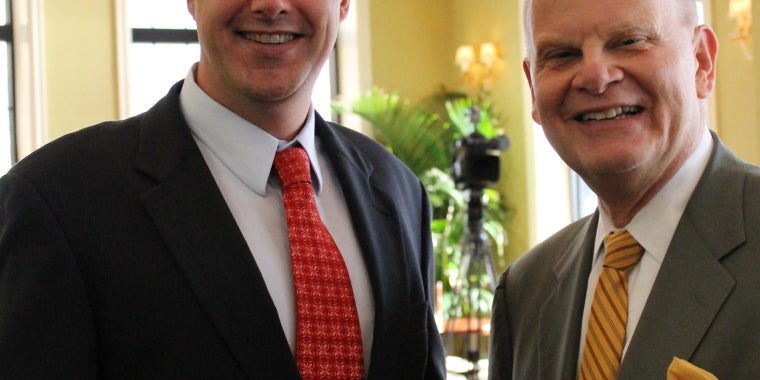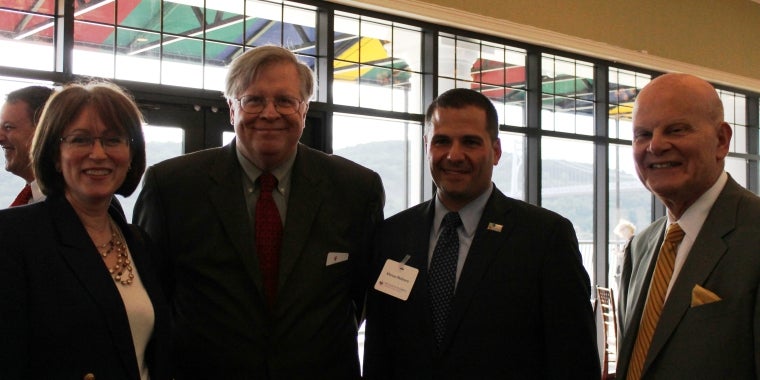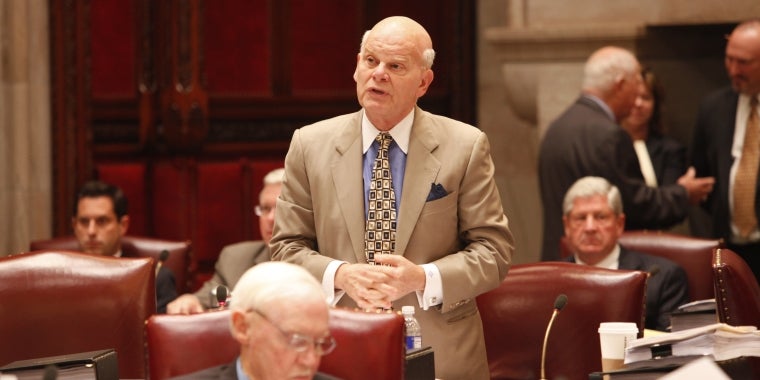
Payroll Tax Could Mobilize Job Exodus
In June 2008, Governor Paterson appointed a commission to recommend strategies to address the MTA’s funding needs. This group known as the Ravitch Commission released their report in December. Among their recommendations is an alarming payroll tax which would institute a one-third of one percent tax on all businesses in the MTA region in order to raise $1.5 billion for MTA’s operating costs and capital plan.
Every business in Dutchess County including those who are self-employed and not-for-profits would be mandated to cough up an excise tax equal to one-third of one percent of wages paid.
You will be hard-pressed to find a business or a Chamber of Commerce in the Hudson Valley that supports this recommendation. They see it for what it is – another tax piled on to the many which have already placed New York as the most costly state to do business.
As a member county of the Metro North region, Dutchess residents, businesses, governments and not-for-profits already contribute to the MTA through several taxes and assessments (petroleum, utility, mortgage/transfer, sales and facility maintenance). And what’s more, if this tax is ultimately imposed, the transit authority which has a long history of poor fiscal management will become reliant on this funding source, and this “short-term” solution may indeed remain a fiscal burden indefinitely.
Not only is a payroll tax a ludicrous idea for a State which desperately needs to attract jobs, but it’s unfair and unreasonable to impose the same tax rate on businesses in the Metro North region as is proposed for those located in New York City. It should be considered that Dutchess County, at its peak, has an average morning ridership of 4,126 as compared to NYC transit ridership at 5,042,263 and NYC MTA bus ridership at 2,356,301.
Total wages for 2007 in Dutchess County have been reported at $5,206,830,230. The math is simple and the result is devastating.
Take into account what a business can’t do with that money: They can’t use that money to invest in new hires. They can’t use that money to invest in capital expenditures. And we can’t convince businesses to stay in New York if we are going to impose yet another tax upon them.
I understand the need for maintaining and improving our mass transit system in New York but I have long held that the MTA needs to exercise greater fiscal management in order to achieve its goals rather than imposing exorbitant fare hikes and more taxes.
The Ravitch Commission appropriately refers to this payroll tax as a “mobility tax” -- businesses who are mobile are going to move jobs right out of this state!


